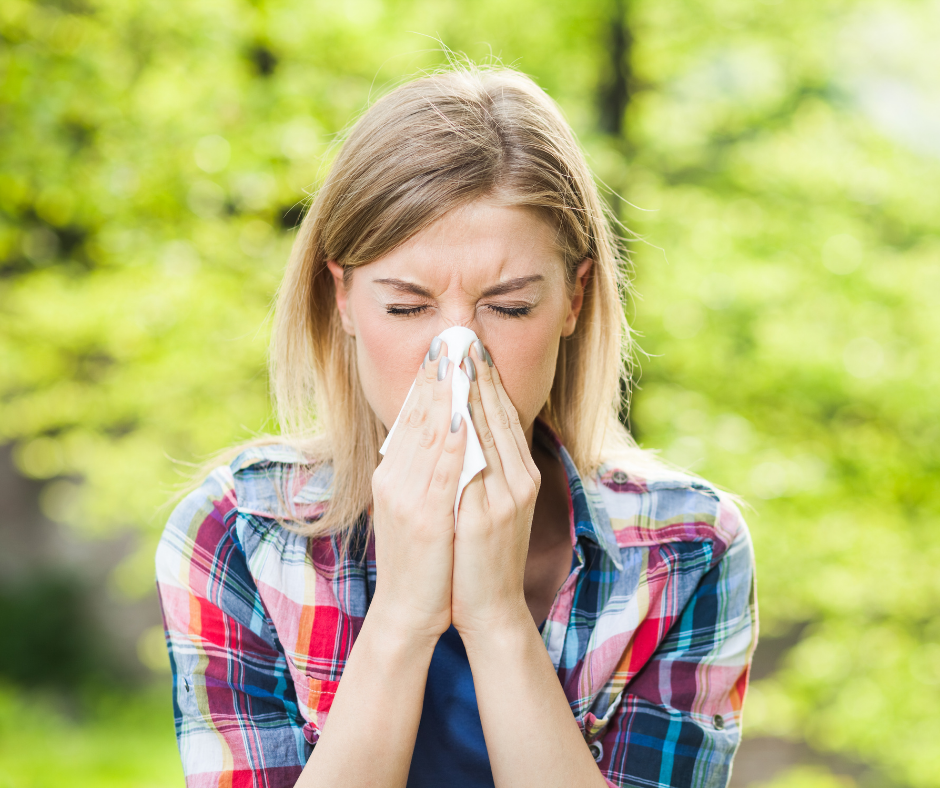By Claire Bacon, ACN, CNC
Happy Spring! We are officially on our way to warmer temperatures, longer days, and lunches on sunny patios. So much to look forward to! But with that, some of us also have a sense of dread, of the yellow blanket of pollen that will soon coat our cars and everything else outside. During the upcoming allergy season, paying better attention to your dietary choices could be a big factor in controlling your symptoms.
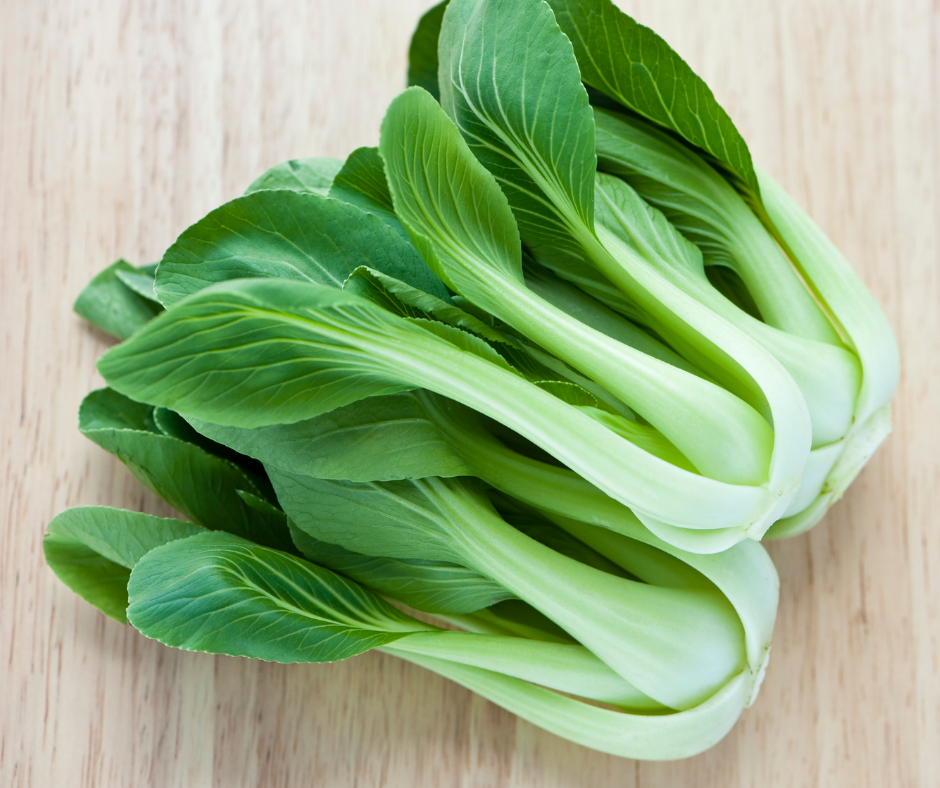
Foods to Avoid During Allergy Season
In a nutshell, you’ll want to avoid the top foods that cause inflammation in your digestive system. Certainly, any individual could have their own unique triggers. But across the board, there are a few dietary categories that cause the most problems. These are:
- Dairy products including milk, aged cheese, and dairy yogurt – because dairy in general causes increased mucus.
- Sugar and high glycemic beverages like soda, alcohol and juice – because they feed yeast that disrupt the microbiome. In addition, sugar takes up the vitamin C receptors.
- Gluten and other food sensitivities – because they can also fire up mucus in the gut lining and also in the sinus cavity.
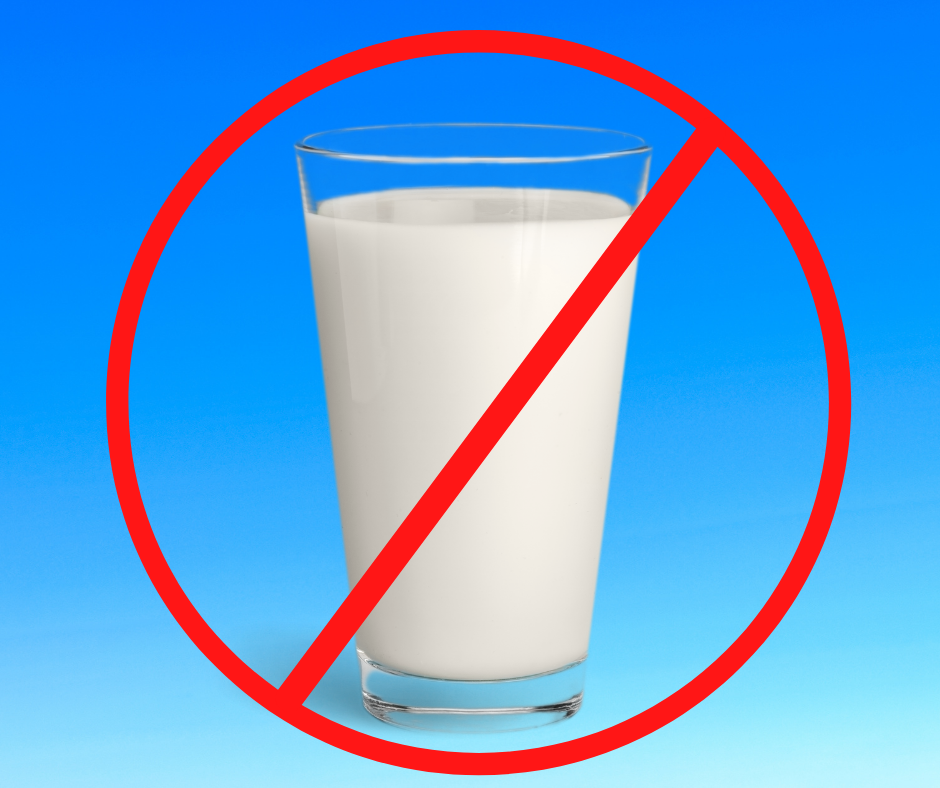
Specifically, it’s best for allergy sufferers to follow a Low Histamine diet. Histamine is the internal chemical that causes symptoms of an allergic reaction, such as inflammation, itching, and hives. The premise is that you avoid all the foods that release histamine into your system and those that prevent your body from creating the DAO enzyme that breaks down histamine. Instead, you focus your diet on the foods that have very low potential for triggering an immune system response. Surprisingly, there are some very “healthy” foods that can contribute to symptoms. These are:
- Avocadoes
- Spinach
- Tomatoes
- Deli meat and other meats that were cooked and preserved days or weeks ago
- Vinegar in salad dressings
- Pickled vegetables
- Walnuts and pecans
- Fermented foods like yogurt, kefir, sauerkraut and Kombucha.
If you tend to eat a lot of these foods, you may like to take a break and see if you notice a difference!
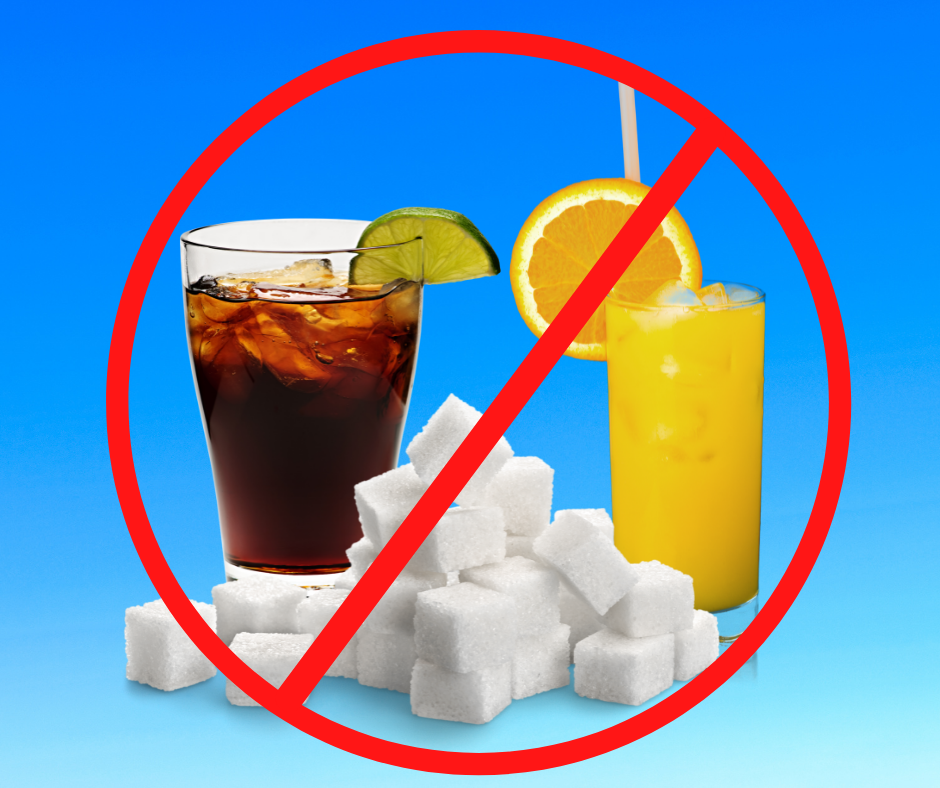
Dietary Choices to Prevent Allergy Symptoms
On the other hand, there are certain foods you’ll want to focus your diet on, when allergies and inflammation are high. These “low histamine” producing foods generally consist of leafy greens and many other vegetables from the produce section. The complete list can get pretty long, but here are the top foods that are “safe bets” that won’t make your problems worse:
- Salmon – as a good source of Vitamin D
- Freshly cooked meat (histamines increase in leftovers)
- Pastured eggs
- Fruits like apple, melon, pear, mango, fig, kiwi, passion fruit and starfruit
- Vegetables like dark leafy greens, artichokes, asparagus, beets, endive, Brussels sprouts, squashes, and cauliflower
- Legumes like beans and lentils
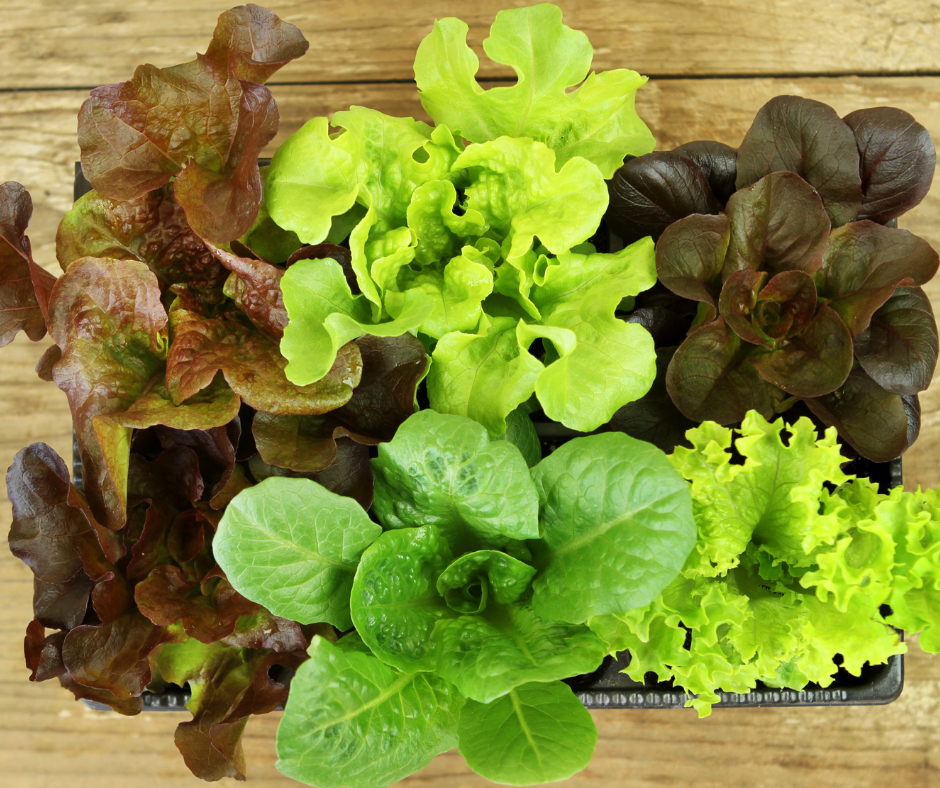
In addition, certain herbs that you can take as supplements or as teas can be extremely helpful:
- Quercetin – an antioxidant that acts as a mast cell stabilizer
- Nettles – blocks the receptor sites that histamine locks onto
- Black Cumin Seed – the “cure for everything but death”, one of the ingredients in AllergCo.
- Cat’s Claw – helpful because of its power against Candida and other yeasts
- Feverfew – helps with headaches
- Water – did you know, drinking copious amounts of water has the same thinning mucus effect as taking Mucinex?
Supplement Highlight:
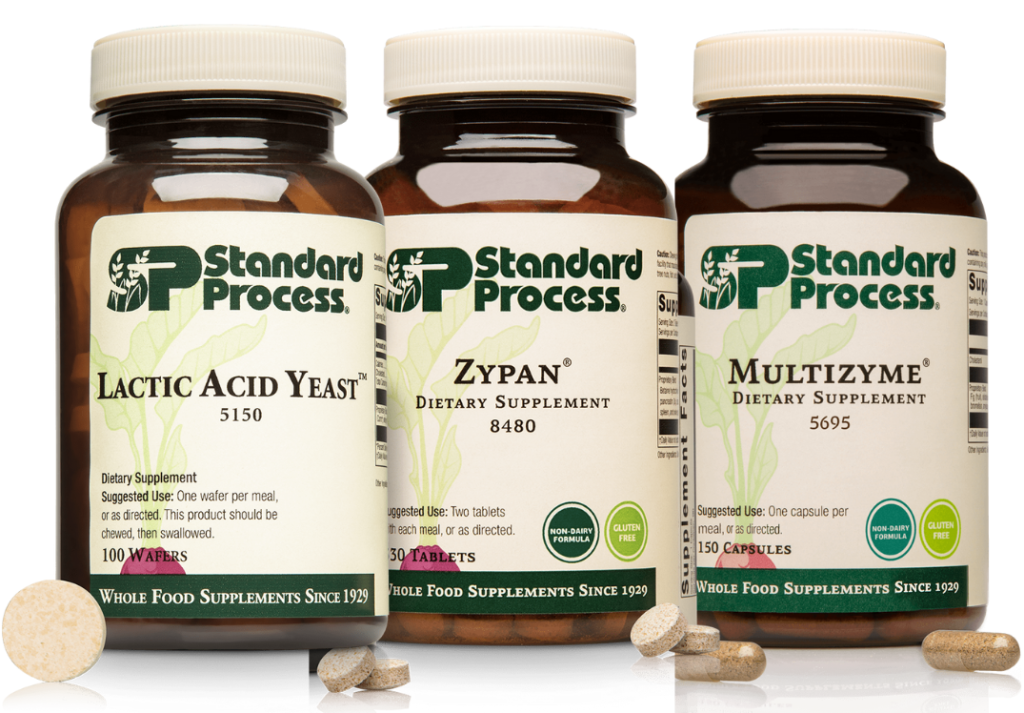
Lactic Acid Yeast is a beneficial yeast that works to convert carbohydrates into lactic acid. It benefits your good bacteria by keeping your intestinal environment at a healthy, acidic pH. An acidic pH helps to keep inflammatory or harmful yeast in check! Another very similar product is Cyro-Yeast, which combines Lactic Acid Yeast with Catalyn, SP’s flagship multivitamin.
Zypan combines pancreatin, pepsin, and betaine hydrochloride to ensure healthy digestion. We’ve talked about this product so much, but it really is great for a wide variety of foods. If you eat a decent amount of meat, this is one of the best ways to break it down fully and prevent inflammation in your intestines.
Multizyme is a blend of pancreatic enzymes including bromelain, amylase, and lipase. This one is geared toward digesting your plant products, and knocking down the inflammatory effects of yeast, fungus and parasites in the digestive tract.
Do you feel the need to simplify? Then Allerplex is a great multivitamin for you. It combines the histamine-flushing effects of Antronex and Betacol with adrenal support along with Vitamins A and C for the immune system. An essential foundation for anyone with seasonal allergies!
In addition, remember our favorite histamine-flushing supplements for when you need them: Cal-Amo, Antronex, Histoplex AB, and D-Hist (which is only available in-office).
You’ll also want to bump up whatever fish oil you’re taking, to coat the gut lining and keep it sealed. Our favorites are Cod Liver Oil and Life Extension Super Omega 3 (available in-office).
